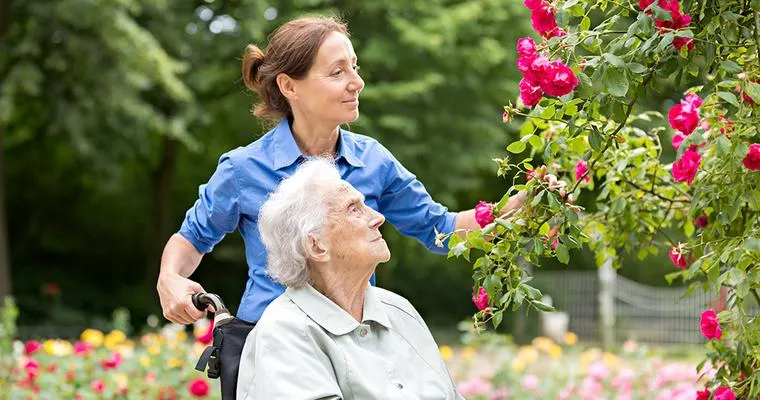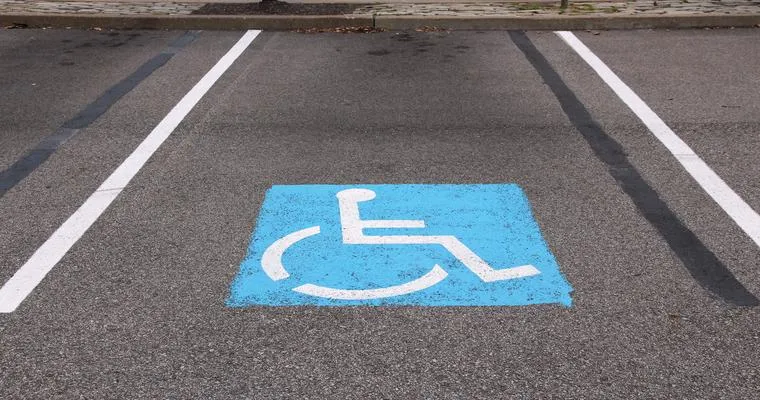Getting "seniors" with "limited mobility" to spend time outdoors can significantly improve their overall well-being. Fresh air, sunlight, and a change of scenery can boost mood and enhance physical health. However, many seniors may feel hesitant or overwhelmed by the idea of venturing outside. As family members or caregivers, it is essential to find ways to "encourage" and support these individuals in enjoying the great outdoors. Here are some practical tips to help seniors with limited mobility embrace the benefits of being outside.
Understand Their Interests
Start by understanding what activities your senior enjoys. Whether it’s bird watching, gardening, or simply soaking up the sun, identifying their interests can make the idea of going outside more appealing. Tailor outdoor activities to their preferences, ensuring they feel excited about the experience.
Choose Accessible Locations
Selecting the right location is crucial. Opt for places that are "easily accessible" and have minimal obstacles. Parks with paved paths, community gardens, or even a backyard can provide a comfortable environment for seniors. Ensure that the chosen area has seating options and shade for comfort.
Use Mobility Aids
Mobility aids such as walkers, canes, or wheelchairs can significantly enhance a senior's confidence when going outside. Encourage them to use these aids to navigate safely and comfortably. If they do not own mobility aids, consider renting or purchasing one to facilitate their outdoor adventures.
Create a Routine
Establish a regular schedule for outdoor activities. Consistency can help seniors feel more secure and look forward to their time outside. Whether it’s a weekly stroll or daily time spent in the garden, having a routine can provide structure and motivation.
Invite Companions
Having company can make outdoor activities more enjoyable. Invite family members, friends, or caregivers to join in. Engaging in social activities can uplift spirits and encourage seniors to participate more actively. Companionship can also enhance safety, making outings feel less daunting.
Start Small
For seniors who may be anxious about going outside, start with short outings. A brief visit to a nearby garden or a few minutes on the porch can help them acclimate. Gradually increase the duration of these outings as their confidence and comfort grow.
Incorporate Technology
Utilize technology to enhance outdoor experiences. Apps for bird watching, plant identification, or even simple games can add an element of fun. This can make the outdoors feel more engaging and provide additional motivation for seniors to explore their surroundings.
Monitor Weather Conditions
Being mindful of the weather is essential when encouraging outdoor activities. Choose pleasant days with moderate temperatures to ensure comfort. If it’s too hot or cold, consider alternative indoor activities that mimic outdoor experiences, such as setting up a garden in a sunny room.
Celebrate Achievements
Recognize and celebrate any progress made by the senior in spending time outdoors. Whether it’s a longer walk or trying a new activity, acknowledgment can boost their confidence and encourage them to continue exploring.
Conclusion
Encouraging a senior with limited mobility to get outside is a rewarding endeavor that can lead to improved physical and mental health. By understanding their interests, choosing accessible locations, and providing support, you can help them enjoy the numerous benefits of outdoor activities. Remember to start small, create a routine, and celebrate their achievements to foster a positive experience. With a little patience and creativity, you can open up a world of possibilities for seniors to enjoy the beauty of nature.





